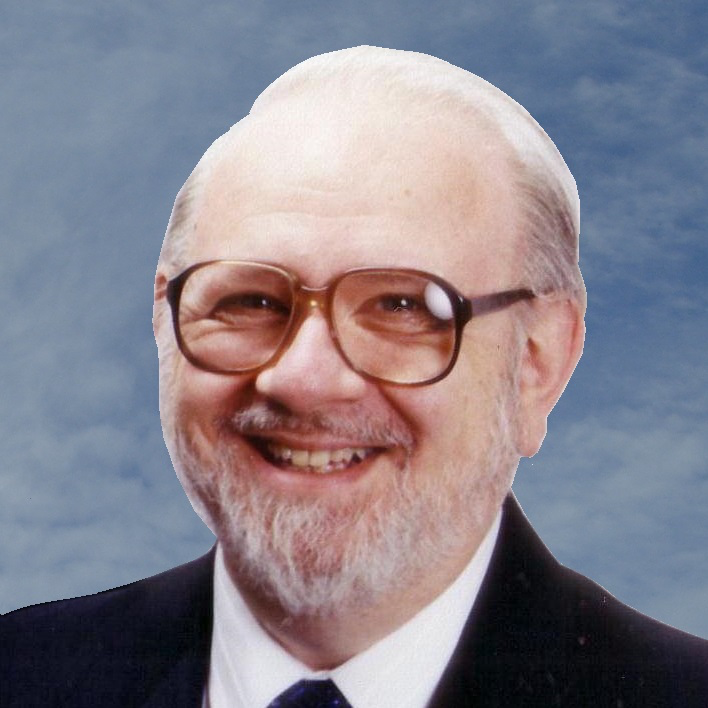A Retrospective from My Perspective
Walter E Brown
I've witnessed significant changes in our computing discipline over the past 50+ years. Those changes, coupled with my early training in mathematics (undertaken because computing had not yet entered the standard undergraduate liberal arts curriculum), have recently prompted me to probe more deeply into our common heritage.
For example, why does the equals sign look the way it does? Who originated the notion of floating-point? What was the first programming language? What was the first computer game? Who invented a Roman numeral computer? What was computer programming like 150 years ago? Or 100 years ago? Or even 50 years ago?
Thus, this talk is not C++-centric. Rather, I will present a curated set of snapshots of computing's evolution, reflecting my perspective on the history of calculation and computing from ancient times to my time. I will highlight people and accomplishments (some well-known, others less so) that have directly or indirectly advanced our field, emphasizing a few of which I have personal knowledge.

Walter E Brown
With broad experience in industry, academia, consulting, and research, Dr. Walter E. Brown has been a C++ programmer for nearly 40 years.
He joined the C++ standards effort in 2000, and has since written circa 170 proposal papers. Among numerous other contributions, he is responsible for introducing such now-standard C++ library features as cbegin/cend, common_type, gcd/lcm, void_t, and <cmath>’s mathematical special functions, as well as the headers <random> and <ratio>. He has also significantly impacted such C++ core language features as alias templates, contextual conversions, variable templates, static_assert, and operator<=> (the C++20 “spaceship operator”).
When not playing with his grandchildren, Dr. Brown continues as an Emeritus participant in the C++ standards process, with several more proposals under consideration.
